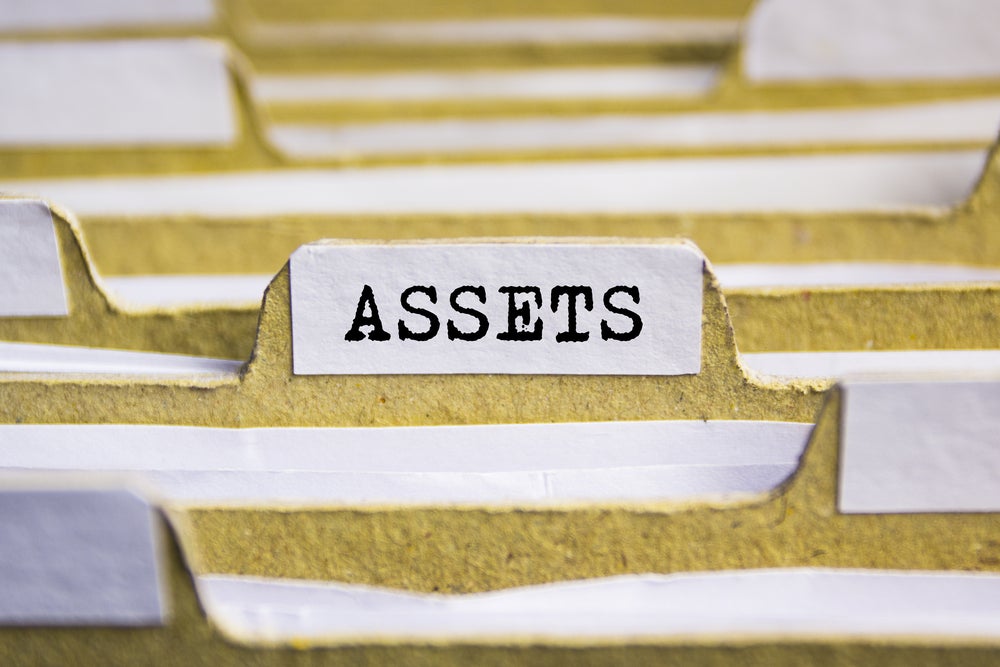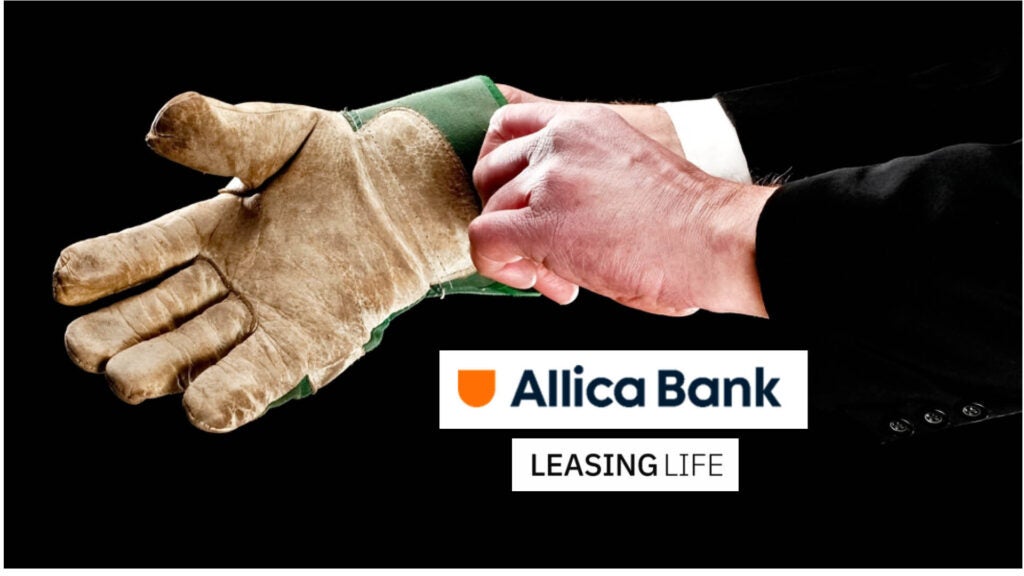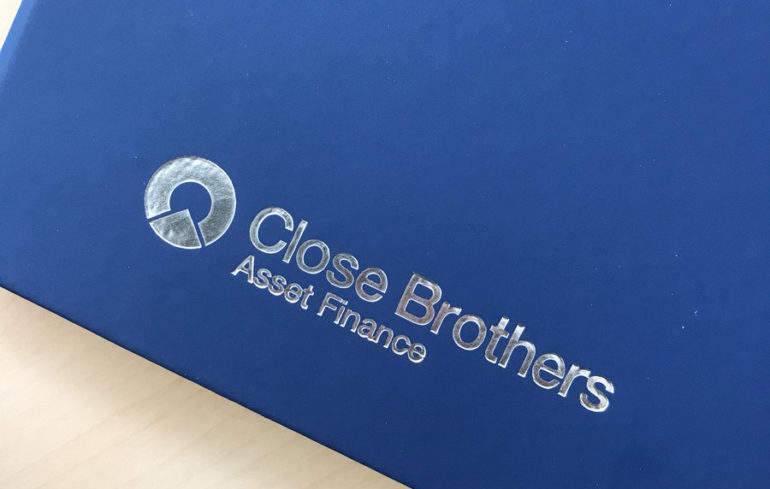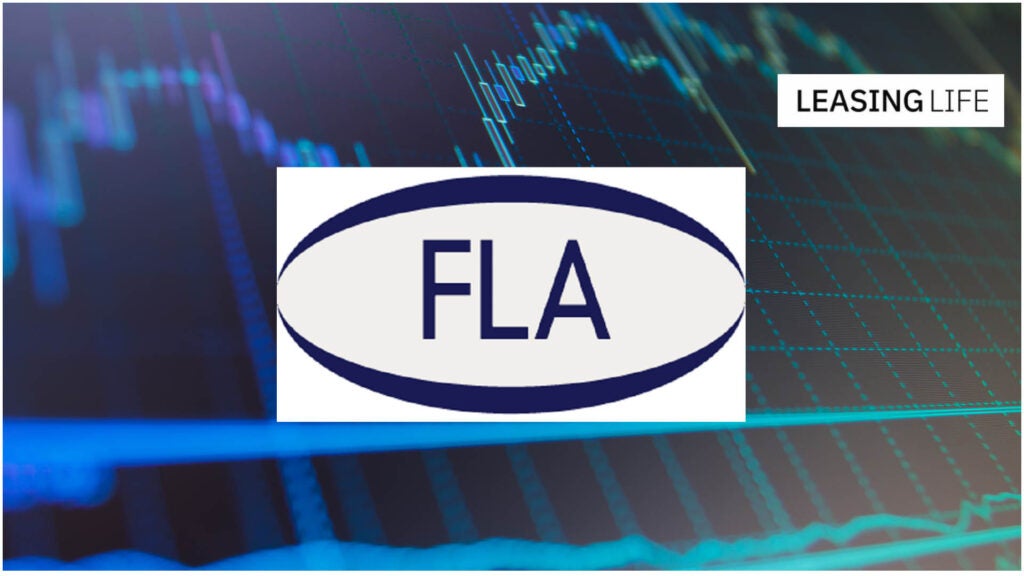
Arena Television ceased trading owing £280m to creditors after an asset verification audit revealed assets against which funding was based did not exist. Would the existence of a register for capital goods have prevented the Arena debacle from taking place? Julian Rose, of Asset Finance Policy, recently shared his thoughts on the viability of an industry-wide asset register.
For decades, the leasing industry has been continually exposed to fraud by the lack of a national equipment asset register. Although fraud remains uncommon, because of other comprehensive checks carried out that don’t rely on a register, when it does occur the losses can be significant.
There are partial solutions in place. Options to register assets do exist, but outside of vehicles, they aren’t used enough to be effective.
A key reason for the low take-up is that serial numbers are alterable. Secure asset numbering requires investment to forensically mark the assets either at point of production or later. Options for this are already available and work well for some equipment, but they are costly and slow down the lending process. Without a robust and cost-effective serial number search, how useful can an asset register be, fraud experts ask.
The alternative to a serial number-based register is a register that’s much less detailed, but still shows a lender’s interest in a business.
This might show:
How well do you really know your competitors?
Access the most comprehensive Company Profiles on the market, powered by GlobalData. Save hours of research. Gain competitive edge.

Thank you!
Your download email will arrive shortly
Not ready to buy yet? Download a free sample
We are confident about the unique quality of our Company Profiles. However, we want you to make the most beneficial decision for your business, so we offer a free sample that you can download by submitting the below form
By GlobalData- A lender’s active interest, or that it made a new agreement on a certain date;
- The identity of the company and/or its registered office location
A service provider could operate an online registration and look-up service with this information so that lenders can (for a small charge) carry out checks as part of the wider fraud prevention checks on an application.
To be clear, in an ideal world for fraud prevention, lenders would see far more information than this. The wish list might include type of equipment, exact location where it is in use, deal size, serial numbers, and the names of the other lenders. Solutions to deliver some or all of this have been considered many times but never materialise.
Something much simpler, showing just the lender’s interest in a business and used exclusively for fraud prevention purposes, would still be a big advance. If widely supported, it would help to identify companies where multiple lenders are involved. This could lead funders to decide to carry out further checks, such as a suitably robust onsite inspection.
An asset register that isn’t an asset register may not be perfect, so don’t expect universal support from fraud experts. But isn’t implementing this partial solution far better than waiting until the next big hit on the industry?
This article was originally published in Asset Finance Policy on 17 November 2021







